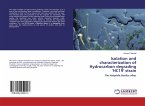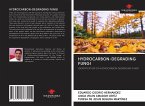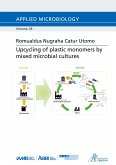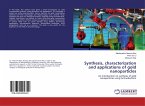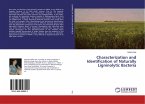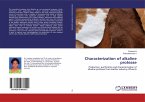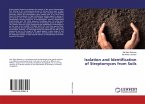Plastic wastes accumulating in the environment are posing an ever increasing ecological threat. Plastics that are biodegradable can be considered environment friendly, they have an increasing range of potential application and are driven by the growing use of plastics in packaging. In this study, the biodegradation of polythene bag was analyzed 40 days of incubation in liquid culture and 3 months in soil burial method. Microbial counts in the degrading materials were recorded up 50.42 x104 While the fungi count ranged from 28.16 x 102 in case of plastics. The microbial species found associated with the degrading materials were identified as two Gram positive and one Gram negative bacteria. The microbial species associated with the polythene materials were identified as Bacillus subtillis , Pseudomonas aeruginosa ,Aspergillus niger . The efficacy of microbes in the degradation of plastics were analyzed in liquid (shaker) culture method and soil burial test, among the bacteria Bacillus subtillis degrades plastic more in 1 month (30% weight loss/month) period compared to others and lowest degradation rate was observed in case of Aspergillus niger (20% weight loss/month).
Hinweis: Dieser Artikel kann nur an eine deutsche Lieferadresse ausgeliefert werden.
Hinweis: Dieser Artikel kann nur an eine deutsche Lieferadresse ausgeliefert werden.


